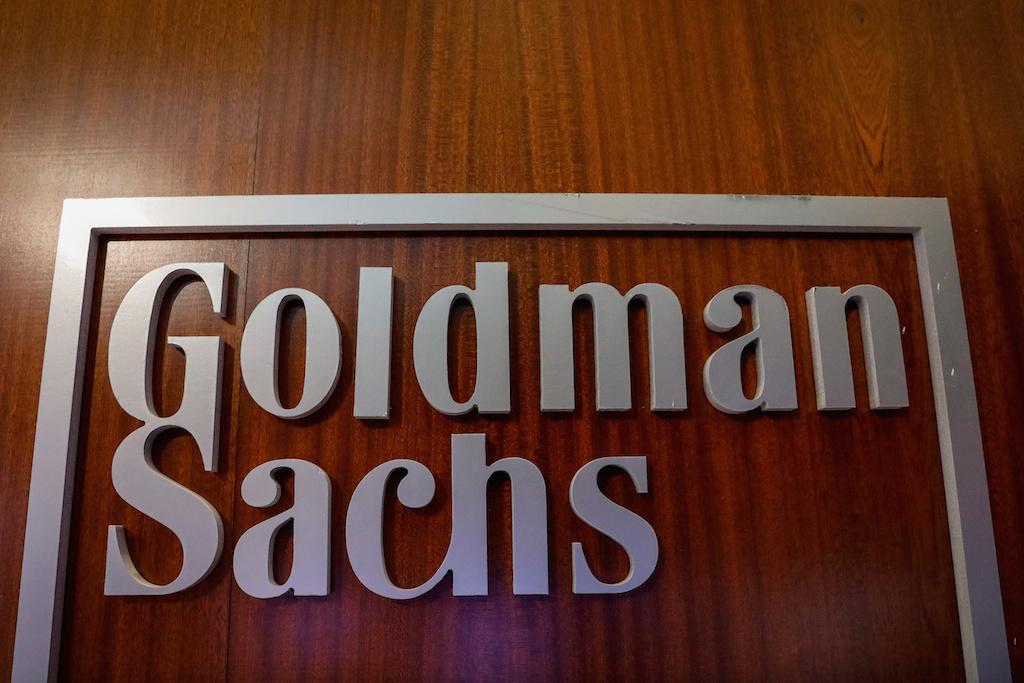Deutsche Bank AG and Commerzbank AG have finally confirmed merger talks. In a sparsely-worded regulatory filing on March 17, Deutsche Bank said it’s “engaging” in talks with its cross-town rival as it seeks to boost growth and profitability. The banks gave no indication on how a deal would be structured or financed and said it may not happen at all.
The talks raise plenty of questions. Estimates of how much capital Deutsche Bank would have to raise to acquire Commerzbank vary widely. Then there’s the issue of whether the banks would be forced to sell some of their best-performing businesses. Allianz SE is already said to be exploring the possibility of a combination of its asset management arm with Deutsche Bank’s DWS asset management unit, though that could be wishful thinking.




